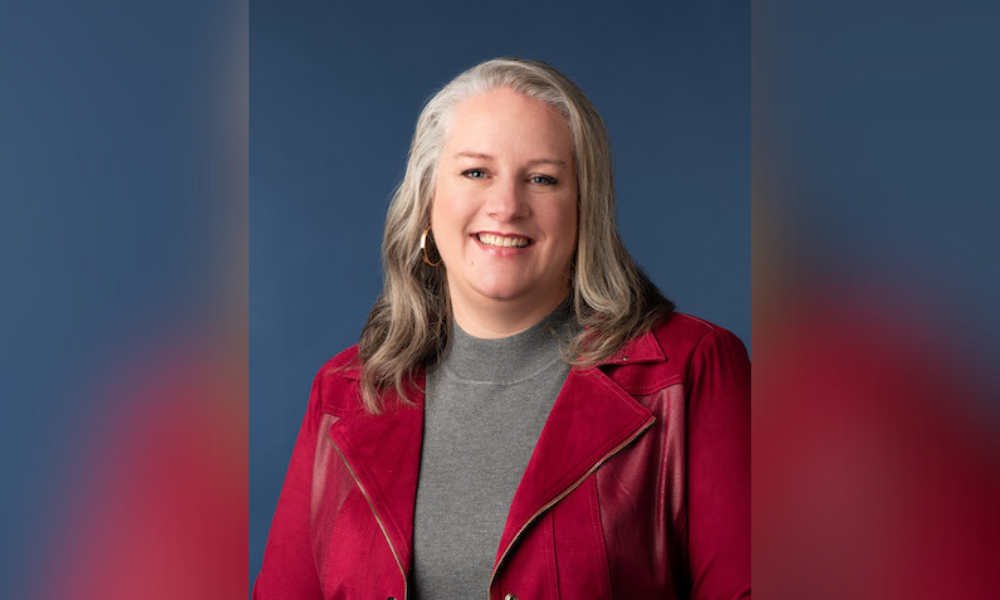'The policy has undermined their productivity, increased cost of living, forced them to waste time in traffic – and it hasn't improved collaboration'

The return to office policy that the federal government implemented for its workers at the start of the year could cause the federal public service to break down, claims a union representing federal workers.
In general, 30 per cent of Professional Institute of the Public Service of Canada (PIPSC) members say they are actively looking for another job that will provide them with “the flexibility that they need and want,” says Jennifer Carr, PIPSC president, in talking with Canadian HR Reporter.
“When we delve down into the actual demographics, that number jumps to 50 per cent for our members under 30 [years old]. So in order to have good growth and renewal, to make sure that there's stability within the system, we need to make sure that the people that are leaving are being replaced, and that that progresses. Otherwise, we have areas where we have big gaps.
“We don't want to create an unstable public service; we need to have retention and recruitment.”
Carr asks what is more important to the government?
“Is it the products that we produce on behalf of the government and Canadians in general? Or is it that we sit at x location for 7.5 hours a day times x amount of days? It just doesn't make sense from a professional standpoint, but also from a ‘Do-I-feel-valued?’ standpoint”.
Productivity drops, meetings virtual
In December 2022, Ottawa announced it will adopt a hybrid work model for all federal government workers, requiring workers in core public administration to be on site at least two to three days each week.
“To ensure consistency for our employees and those they serve, we are introducing a common hybrid work model.”
But this has led to troubles for workers, according to PIPSC’s survey of over 17 per cent of the more than 68,000 union members working for federal departments or agencies.
"Six months into the implementation of a one-size-fits-all return to office order, our members report that the policy has undermined their productivity, increased their cost of living, forced them to waste time in traffic – and it hasn't improved collaboration," says Carr.
Seventy per cent of survey respondents report being dissatisfied with how RTO policies were implemented – citing issues like the commuting time and cost, work-life balance and environmental impacts as top concerns.
Sixty-one per cent say productivity has gotten worse, and most respondents said the impact on collaboration is at best neutral.
Furthermore, 80 per cent of meetings are still happening virtually.
“There's lots of dissatisfaction; one, of course, is that it was dropped in there, it was very short notice,” says Carr, who previously raised concerns over the possibility of the government forcing workers back in the office.
“But some of the biggest dissatisfaction is that the office spaces just don't exist anymore. Sixty-five per cent of my members are sharing a space, which means they don't have their own desks, their own chairs.”
While 83 per cent of employers say they believe that the office is set up to allow their employees to be productive, 58 per cent of workers indicate that they struggle to carry out their core job in the office due to distractions, according to a previous report from Unispace.
Also, people with disabilities are not being properly accommodated, says Carr. About 30 to 35 per cent of them say that they don't have a proper office setup and therefore “they are working in pain, or they are injuring themselves further”.
Union demands seat at the table
Despite the findings of the survey, Carr says the federal government is refusing to listen to what the union has to say.
“Our main message here is that the government is insisting that they don't have to consult… If they don't do this survey, they don't understand. So come to the table. Work with us to make sure that we have a stable, sustainable, best-talent working for the federal public service.”




